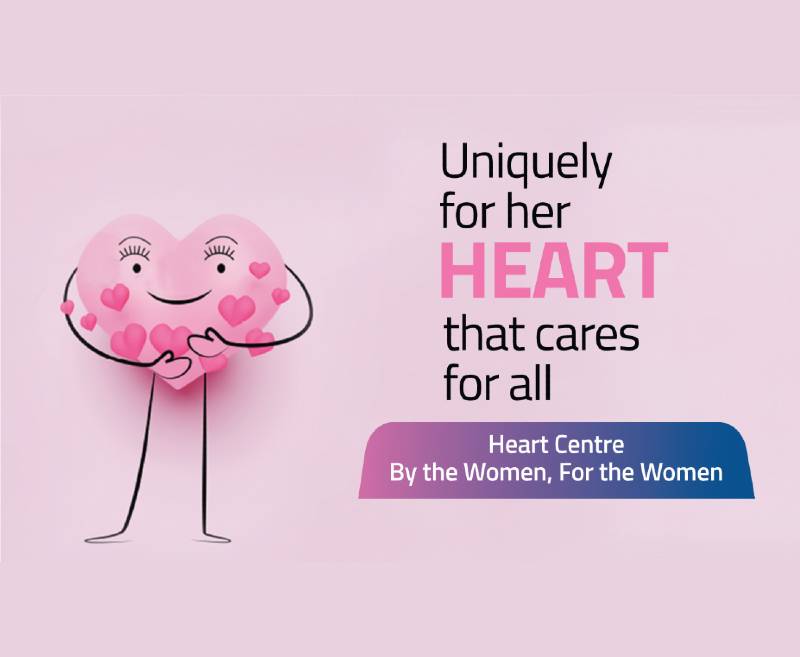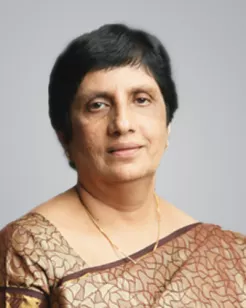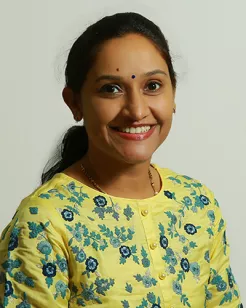Aster Women’s Heart Centre is a speciality care centre dedicated to diagnosis, management and prevention of cardiovascular diseases in women. This is a single platform to meet all the cardiovascular needs of a woman right from adolescence, through pregnancy and throughout their lifespan. This is the first of its kind in the region, providing specialized cardiovascular care for women in an environment that is sensitive to their unique needs, by women cardiologists who understand a woman’s life.
In this centre, you will have full access to diagnostic, therapeutic, interventional and surgical services of well established Aster Cardiac Sciences. We also provide focused specialised care for cardiovascular diseases in pregnancy through the Cardio - Obstetrics Clinic. The centre also focus on prevention of heart diseases by providing education and support services to empower women to make individualised decisions relating to their heart health.
Our Services
At Aster Medcity, we always strive to deliver complete, comprehensive and compassionate care at one-place. All the treatment options are made available to them. The best possible treatment plan is derived keeping the patient's conditions in mind.
1. Management of Heart Attack in Women - Specialised management of heart attack in women: Small vessel disease, Myocardial Infarction with Non - Obstructive Coronary Arteries (MINOCA), Spontaneous Coronary Artery Dissection (SCAD), Coronary spasm.
2. Cardiorheumatology - Cardiovascular health in women with rheumatological disorders (Cardio- rheumatology).
3. Cardio - Obstetrics Clinic - Cardio vascular diseases in pregnancy.
4. Cardiovascular Health & Mental Health Disorders - Cardiovascular Health and Mental Health Disorders in Women.
5. Grown Up Congenital Heart Disease Management - Grown Up Congenital Heart Disease (GUCH) in women.
6. Nutritional Assessment & Physical Rehabilitation - Nutritional assessment and physical rehabilitation for women for primary and secondary prevention of cardiovascular disorders.
7. Preventive Heart Check Ups - Preventive Heart check ups for women with focus on primary and secondary prevention, risk scoring and individualized comprehensive risk factor assessment and management.
8. Cardio – Neurology - Cardiovascular Health assessment and management in women with neurological disorders (Cardio – Neurology).
9. Post Partum Heart Health Program - Post Partum Heart Health Program to focus on heart health of women who had cardiovascular diseases during pregnancy.
10. Cardio - Oncology - Addressing Cardiovascular needs in women with cancer (Cardio- Oncology).
11. Post Menopausal Heart Health Program - Post Menopausal Heart Health Program with specialised care for perimenopasual and post menopausal women with focus on hormonal changes and therapies















